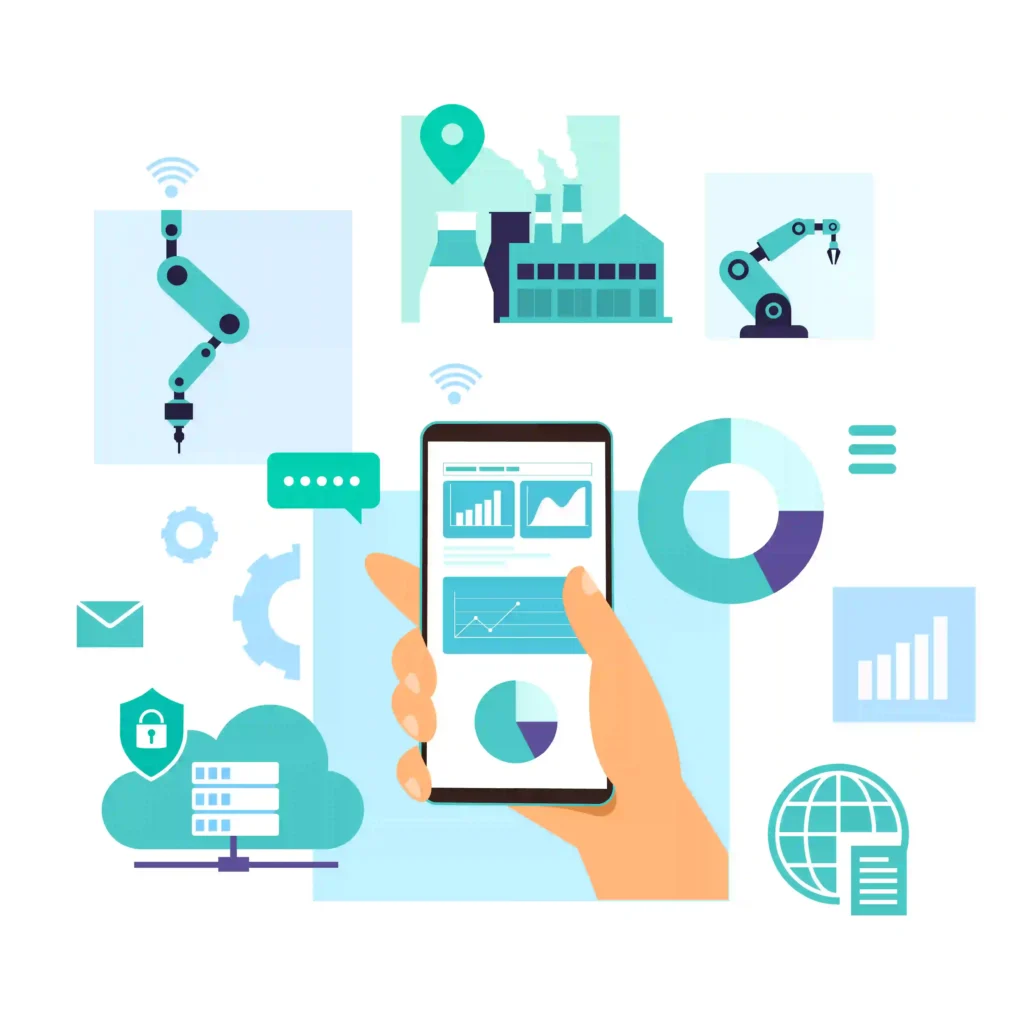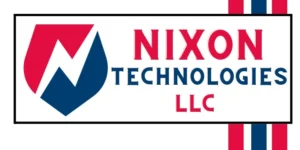Automation
Evolution Early Tools to Advanced Systems
Automation, the process of utilizing technology to perform tasks with minimal human intervention, has a long and illustrious history dating back to ancient civilizations. In its earliest forms, automation took the shape of simple tools and mechanisms designed to streamline repetitive tasks. From the invention of the wheel in ancient Mesopotamia to the water-powered mills of the Middle Ages, humans have continuously sought ways to automate laborious processes. However, it wasn’t until the Industrial Revolution that automation truly began to revolutionize society on a grand scale. The introduction of steam power and later electrical machinery paved the way for mass production and assembly lines, fundamentally changing the way goods were manufactured.


Emerging Automation Technologies
With the dawn of the computer age in the mid-20th century, automation entered a new era. The development of programmable logic controllers (PLCs) allowed for the automation of complex industrial processes, leading to increased efficiency and precision. As technology advanced, so too did automation systems, with the integration of sensors, actuators, and sophisticated control algorithms enabling machines to adapt and respond to changing conditions in real-time. This convergence of hardware and software laid the groundwork for the automation revolution that continues to unfold today.
Revolutionizing Industries Through Automation
The impact of automation on various industries has been profound, revolutionizing everything from manufacturing and agriculture to healthcare and transportation. In manufacturing, automated systems have vastly improved production efficiency, allowing for higher output with fewer resources. Robotics and artificial intelligence (AI) have enabled greater precision and flexibility on the factory floor, leading to higher-quality products and shorter lead times. In agriculture, automated machinery has transformed the way crops are planted, harvested, and processed, increasing yields and reducing labor costs.


Opportunities and Challenges
As we look to the future, the potential of automation seems limitless. Advancements in robotics, AI, and machine learning promise to automate tasks once thought impossible, opening up new possibilities across all sectors of the economy. From self-driving cars and drones to fully automated factories and smart cities, the world of tomorrow will be defined by automation in ways we can only begin to imagine. However, with these opportunities come challenges. The widespread adoption of automation threatens to disrupt traditional employment patterns, potentially leading to job displacement and economic inequality.
The Role of Nixon Technologies LLC
We stands at the forefront of the automation revolution, leveraging cutting-edge technologies to develop innovative solutions for businesses worldwide. From robotic manufacturing systems to AI-driven logistics platforms, we are shaping the future of automation across diverse industries.
Driving Efficiency and Productivity
Automation has proven to be a game-changer for businesses seeking to boost efficiency and productivity. By automating repetitive tasks and streamlining workflows, companies can allocate resources more effectively, reduce waste, and enhance competitiveness in the global marketplace.
Enhancing Safety and Quality
One of the most significant benefits of automation is its ability to improve safety and quality in the workplace. By replacing manual labor with automated systems, companies can minimize the risk of accidents and errors, ensuring a safer working environment for employees while delivering consistently high-quality products and services.
Empowering Innovation and Creativity
Contrary to popular belief, automation does not stifle creativity; rather, it empowers individuals to focus on tasks that require human ingenuity and problem-solving skills. By automating routine processes, workers are free to explore new ideas, drive innovation, and contribute to the development of groundbreaking technologies that shape the future of society.
